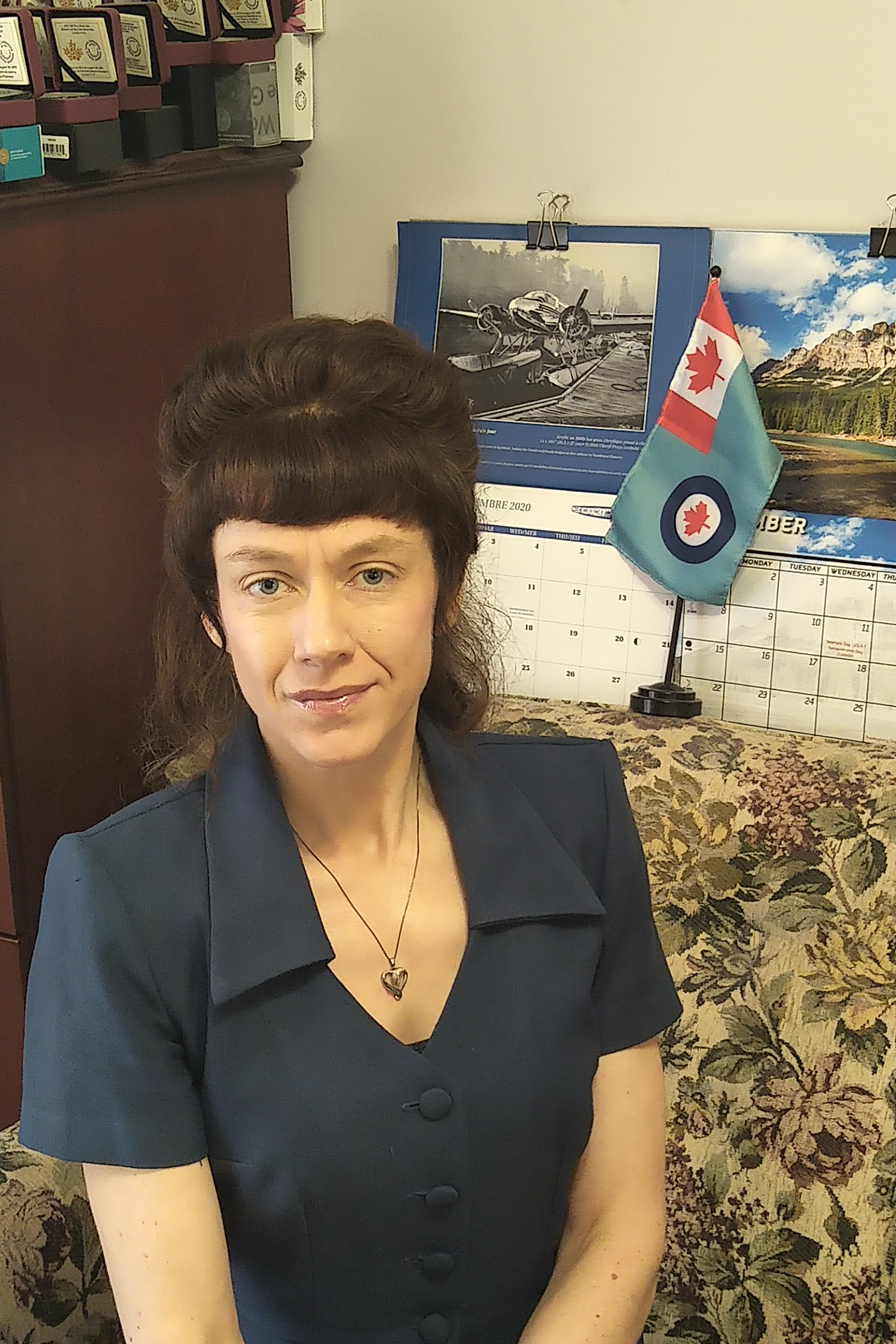The RCAF Scientific Advisor’s Aircrew Shortage Research Efforts
Magazine Article / January 4, 2021
By Dr Rachel Lea Heide (DRDC CORA Defence Scientist/Strategic Analyst)
The Royal Canadian Air Force (RCAF) and Defence Research and Development Canada’s Centre for Operational Research and Analysis (DRDC CORA) have a long-standing relationship where Defence Scientists are embedded in various RCAF directorates to provide research and analysis support to evidence-based decision-making. As the Defence Scientist current serving as the Scientific Advisor for the Air Staff, I bring expertise in geopolitical threats, space, the Arctic, NORAD, and various strategic air power issues to the RCAF.
My current role is supporting Operation EXPERIENCE/Operation TALENT with in-depth research into pilot, aircrew, and technician shortages. By looking at the United States Air Force (USAF) situation, I was able to identify potential quality of life/service/compensation mitigation strategies that might be of relevance to the RCAF. I have also been monitoring the effectiveness of various mitigation strategies in order to provide lessons learned from the USAF’s efforts. Liaising with Canada’s civilian aviation industry is crucial to better understanding commercial aviation pilot requirements, civilian pilot training challenges, and the pandemic’s immediate and long-term impact on commercial aviation. The goal is to anticipate how long before commercial aviation industry requirements will once again negatively impact RCAF retention, drawing away RCAF’s experienced pilots.
Another element of my work is watching what allied air forces are doing to recruit more aircrew trainees, expedite training programs, and offer more pilot licensing opportunities. This highlights new approaches that the RCAF could emulate. Simultaneously, I monitor commercial airlines’ cadet programs to analyze the potential competition with the RCAF’s Air Cadets. By studying commercial airlines and allied air forces, we can contextualize the aircrew shortage challenge that the RCAF is experiencing, as well as identify new ways to improve recruitment and retention.
The position of Scientific Advisor brings significant research and analysis capacity to the RCAF’s Air Staff. My contribution includes research capabilities and supervising contracted experts. I am also able to reach back into DRDC’s network to find other Defence Scientists with the appropriate knowledge, methodologies, tools, and experience to fulfill specialized requests.
The RCAF Air Staff is encouraged to take full advantage of the embedded analytical capability of their DRDC Defence Scientist/Scientific Advisor by contacting Director Air Plans with strategic questions needing in-depth research.
Page details
- Date modified:
